3+ Times K-Pop Fan Boycotts Actually Worked
본문

Fan boycotts have been part of the K-Pop world for as long as the genre has been around. Despite all the surface perfection that typifies the industry, K-Pop fans do not shy away from taking a stand when their values or expectations are challenged.
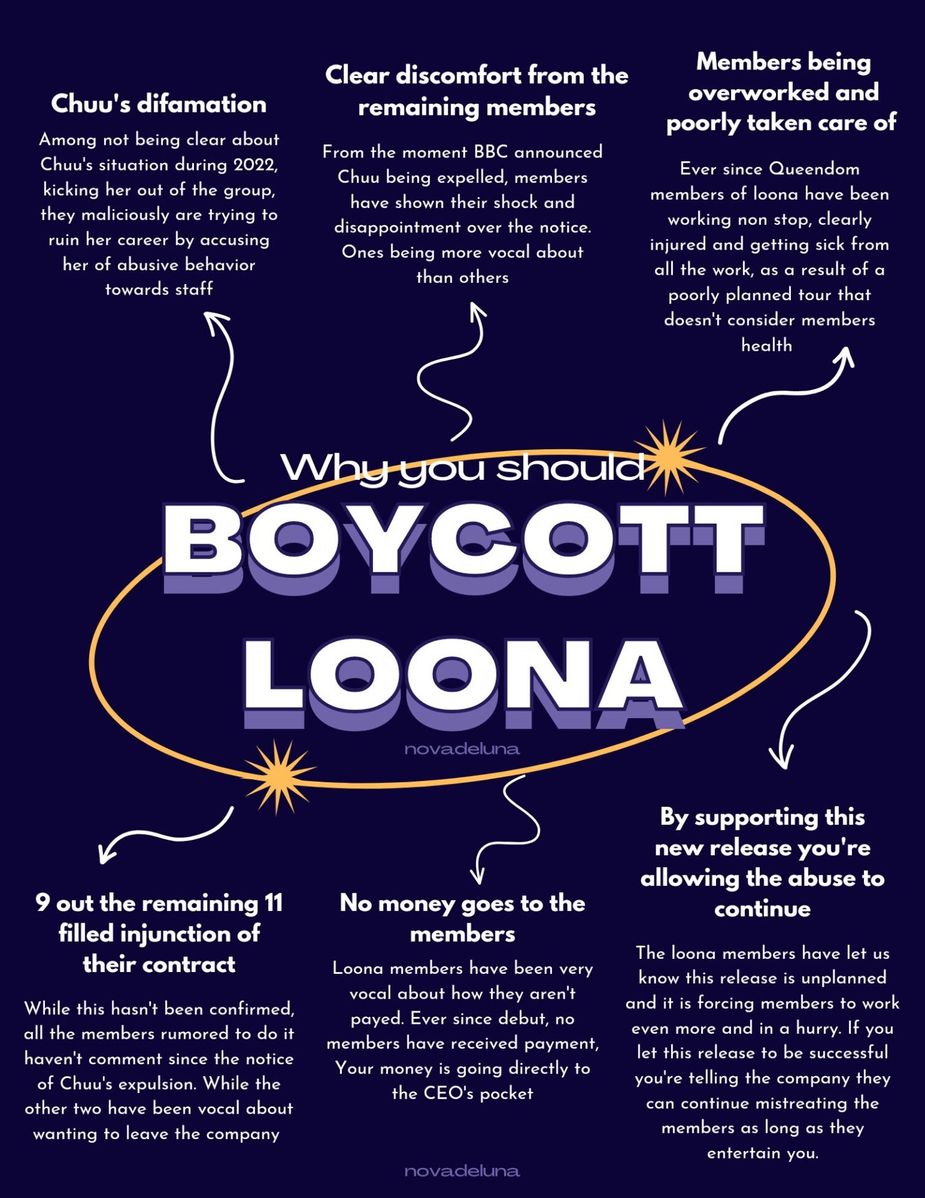
The question of whether these boycotts truly yield results often lingers in the air. However, several high-profile instances demonstrate that, indeed, fan actions can lead to tangible changes.

1. LOONA Boycott
LOONA — a girl group known for their diverse concepts and global fanbase — faced an unprecedented boycott when fans (collectively known as ORBITs) raised concerns over the management practices of their agency, Blockberry Creative. The boycott was driven by allegations of mismanagement, the mistreatment of members, and the lack of transparent communication between the company and fans.
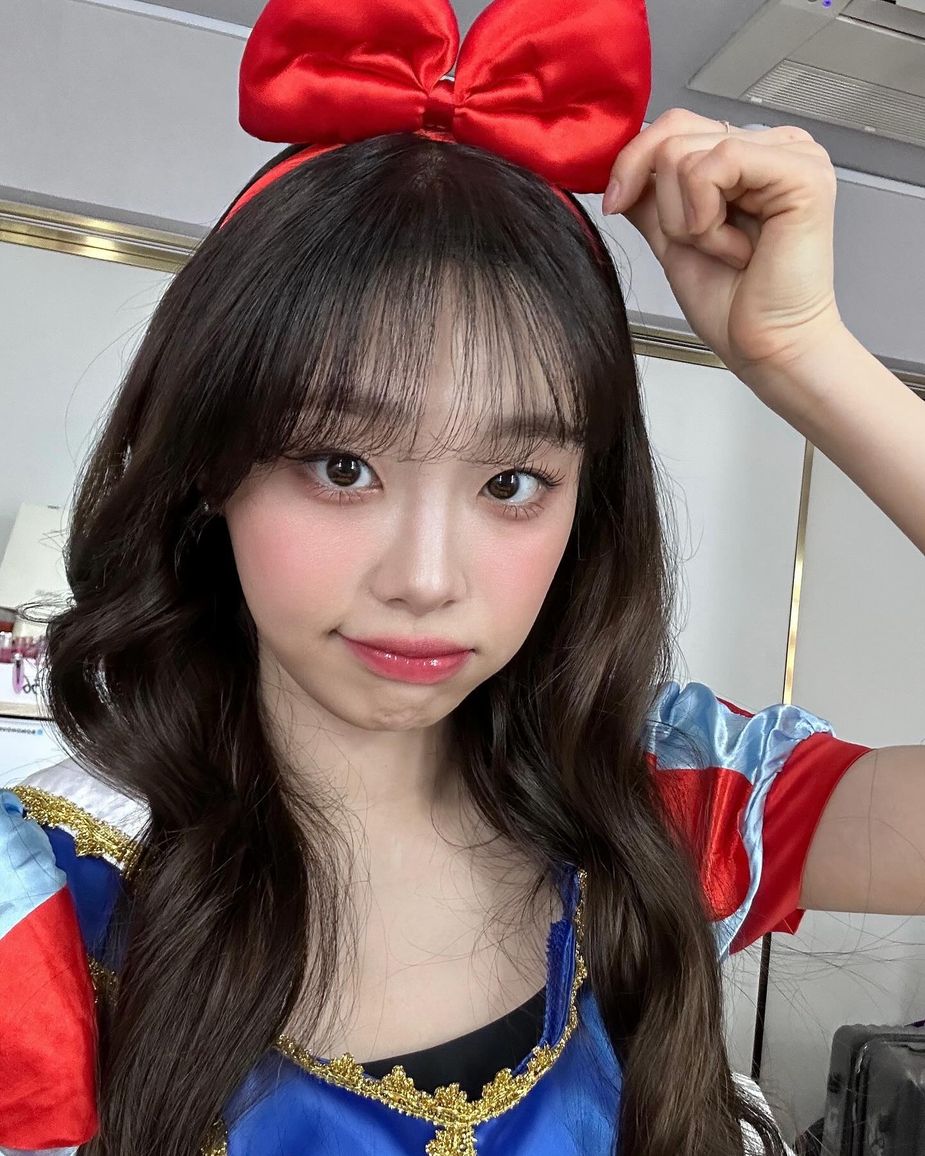 | @chuuo3o/Instagram
| @chuuo3o/Instagram The crescendo of fan discontent led to widespread international media coverage, and the pressure eventually resulted in significant changes, including the members of LOONA all terminating their contracts with the company.
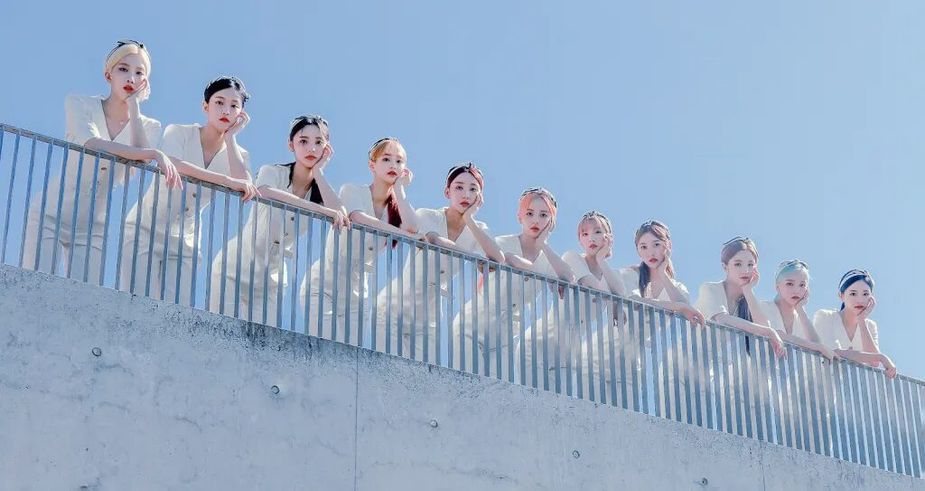 | Blockberry Creative
| Blockberry Creative 2. MAMAMOO Concert Boycott
In 2020, MAMAMOO fans expressed their disappointment and concern over the group’s exhaustive schedule, leading to a boycott of their upcoming concert. The movement was primarily fueled by worries over the health and well-being of the members, who had been subjected to a relentless string of promotions and performances.
 | RBW Entertainment
| RBW Entertainment The fans’ collective decision to boycott the concert was a clear message to RBW Entertainment, MAMAMOO’s agency, prioritizing the members’ health above commercial interests. The agency responded by postponing the concert, acknowledging the validity of the fans’ concerns, and promising to take better care of the artists’ schedules and health going forward.

3. Super Junior Kangin Boycott
Super Junior, one of the long-standing titans of K-Pop, faced internal turmoil when fans called for the boycott of member Kangin following a series of legal issues, including DUI charges.
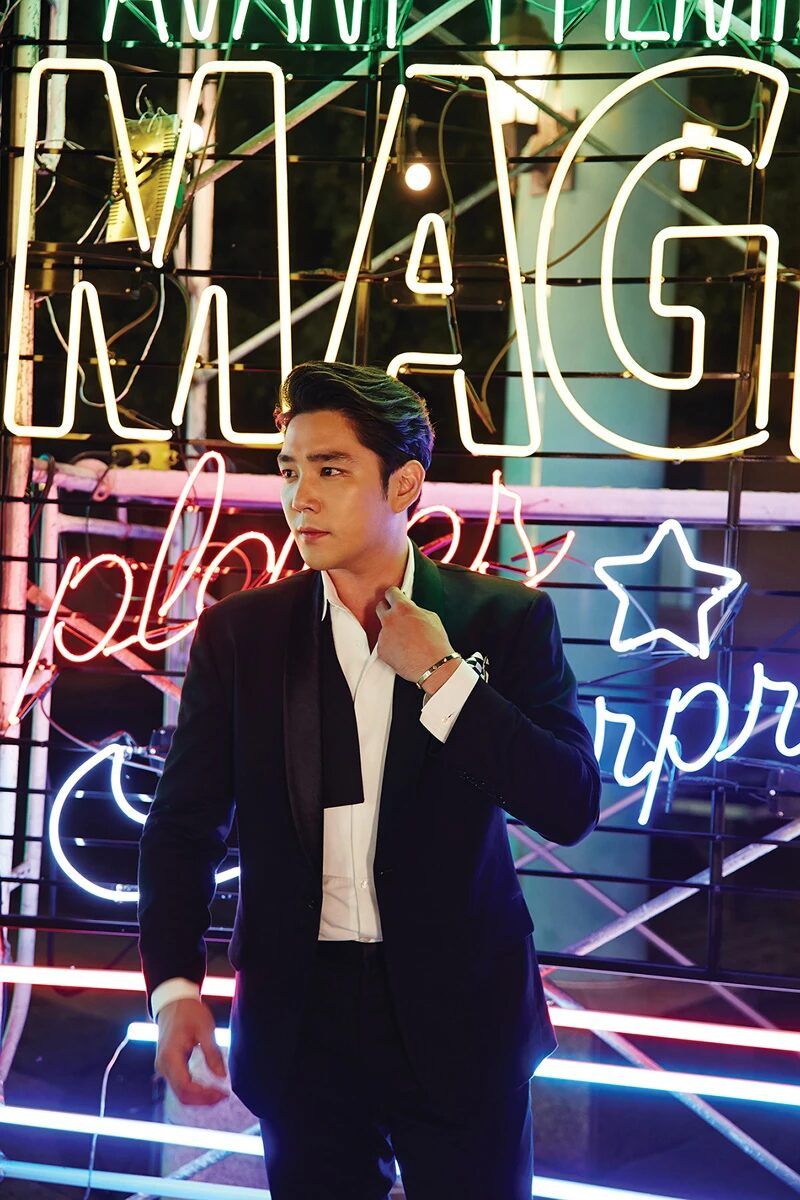 | SM Entertainment
| SM Entertainment The fans’ discontent was rooted in a broader concern for accountability and the group’s image. The movement was so impactful that it eventually led to Kangin announcing his withdrawal from the group. Kangin’s withdrawal from the group is yet another testament of the influence fans wield in holding artists accountable and shaping the ethical landscape of the industry.
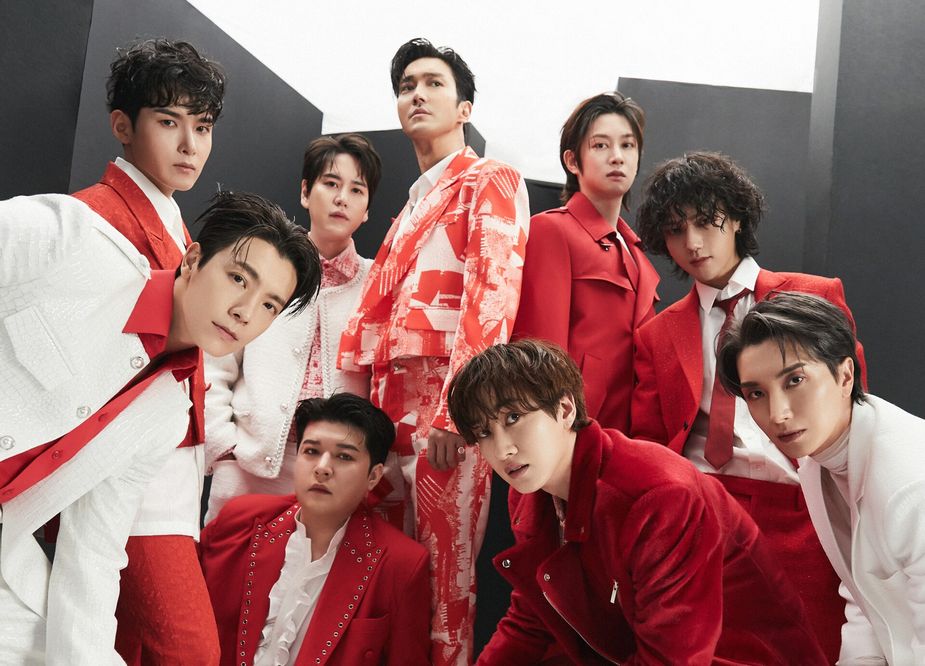 | SM Entertainment
| SM Entertainment 4. Brave Girls Boycott
The case of Brave Girls, who rebranded as BB Girls after leaving Brave Entertainment, further underscores the impact of fan boycotts. The group’s fans decided not to purchase their album post-rebranding, leading to remarkably low sales figures — only 101 copies in the first week.
[HT] Brave Girls (@BraveGirls) Special Album
DAY 1: 78
DAY 2: 22
DAY 3: ㅡ
DAY 4: 01TOTAL: 101 #BraveGirls #브레이브걸스 pic.twitter.com/Jpo9Uc6ncT
— KOREAN SALES (@koreansales_twt) August 27, 2023
The fan boycott was a direct response to concerns over the group’s direction and management after their departure from Brave Entertainment. The drastic drop in sales served as a stark indicator of fan discontent and highlighted the critical role fans play in the commercial success of K-Pop acts.
관련자료
-
링크













